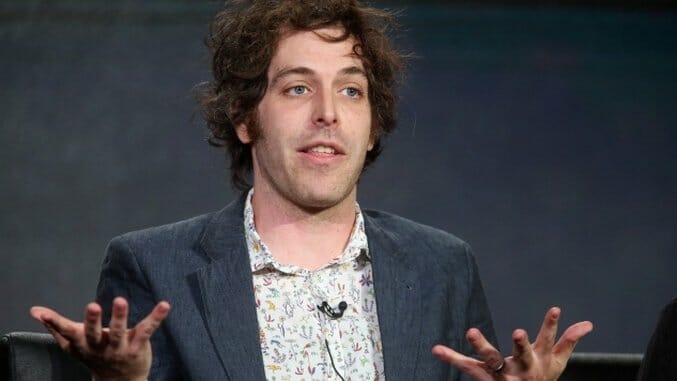Clowning Around: Jonathan Krisel on Baskets and Zach Galifianakis
Photos by Frederick M. Brown / Getty Images
Whether you know Jonathan Krisel’s name or not, you probably know his work. He’s risen quickly as one of television comedy’s biggest go-to guys with his success in writing and directing Portlandia, Man Seeking Woman and various Tim & Eric-related business. With his latest show, FX’s Baskets, he’s once again shepherded an unexpected idea to the screen.
Baskets, the brain child of Krisel, Zach Galifianakis and Louis C.K., follows a man named Chip Baskets. He’s an aspiring professional clown who, after failing out of clown school in Paris, moves back home to Bakersfield, California, where he has to face the frustrations of living with his mother and working as a local rodeo clown. While Chip’s passion in life is to achieve the high artistic value of being a classically-trained clown, he must face the realities of a loveless marriage, reliance upon the support of his family, and uncertainty over how long he can financially support himself while chasing his dream.
While network comedies use rapid fire punchlines to draw in the broadest possible audience, Krisel and company like to let the characters do the work. Particularly in tragic, real life situations, where the character’s failures mean a lot more than just getting a cheap laugh.
-

-

-

-

-

-

-

-

-

-

-

-

-

-

-

-

-

-

-

-

-

-

-

-

-

-

-

-

-

-

-

-

-

-

-

-

-

-

-

-








































